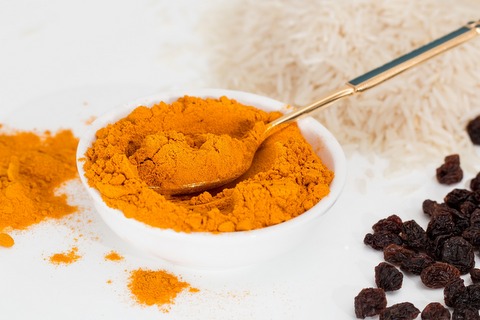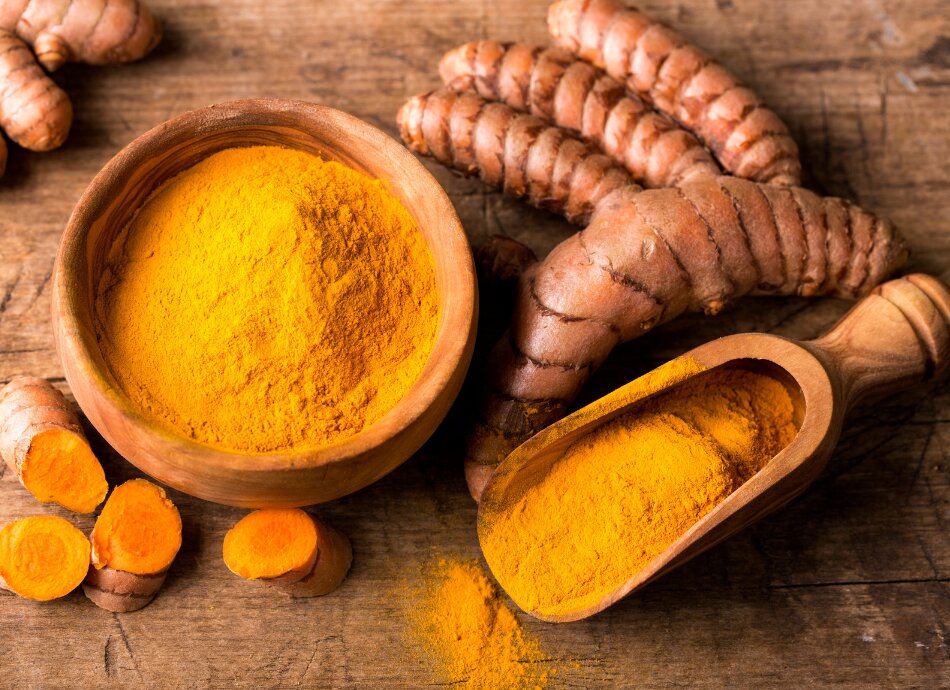As researchers continue to try to find out how turmeric can affect our health, here’s what we know so far:
1. More scientific evidence is needed
In 2016, The Conversation(external link) recently reported that nearly 150 studies are in progress studying the effects of curcumin. While one study showed a reduction of inflammation in healthy people, and other studies suggest some positive effects, more evidence is needed of any health benefits. More recent studies(external link) have shown positive effects of curcumin for reducing inflammation, improving memory, reducing pain and helping prevent cancer and depression.
2. Curcumin isn’t absorbed well by our body
It’s likely that curcumin isn’t well absorbed by our body, and if it's not being absorbed it can't provide health benefits. Studies into how we can improve its absorption into the body are in progress.
3. We don’t know how much we need to take
Before medicines are approved for use in humans, they go through rigorous clinical trials to work out the right amount needed to treat a condition while minimising potential side effects. Different studies recommend different amounts of curcumin for health benefits.
4. Not all turmeric is created equal
Look around your local supermarket and health food shop and you’ll notice plenty of different turmeric options – cooking spices, capsules, tablets and as a fresh root (like ginger). You can even order a turmeric latte instead of your normal coffee at your local café.
Different types, and different brands of commercial turmeric, contain curcumin in different amounts and of varying quality. So even if studies suggest a positive effect of curcumin, it may only apply to a certain source.
If you’re a fan of the taste of turmeric, keep adding it to your curries, stir fries or Asian-inspired dishes or try a supplement. If you are going to take a supplement get some guidance from your healthcare team as it's not advised for some people. For example, it might interact with medicines you are already taking and is not recommended for people with gallbladder disease.
But be aware that if you’re expecting a medical improvement as a result, there’s still a lot more evidence needed about the health benefits of this ancient spice.







